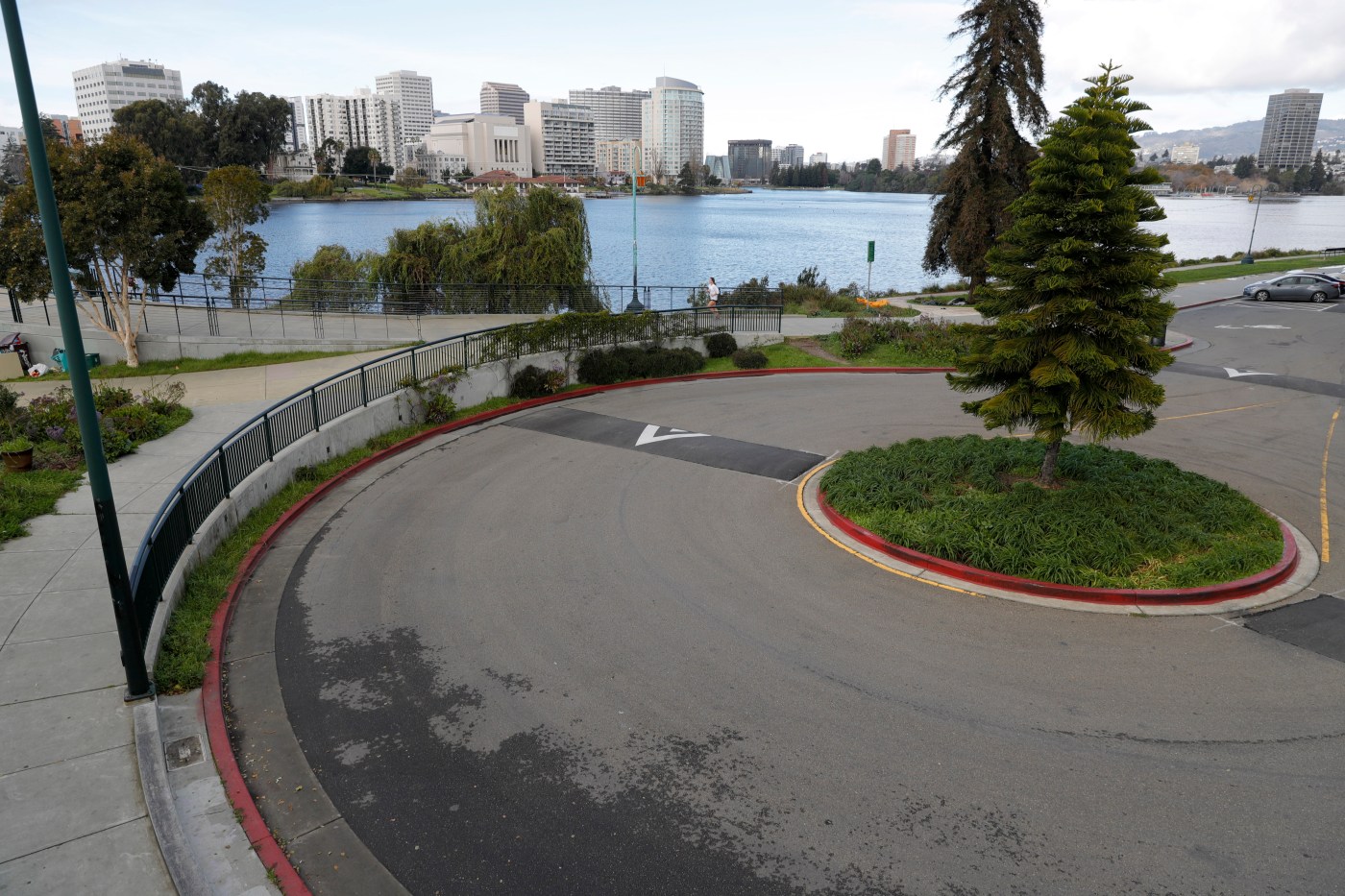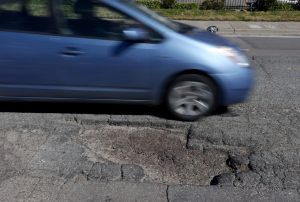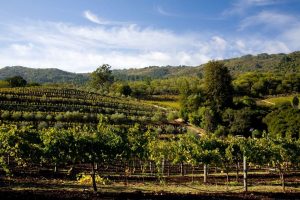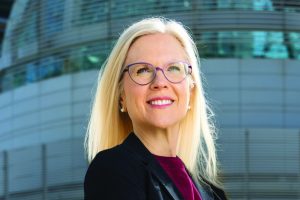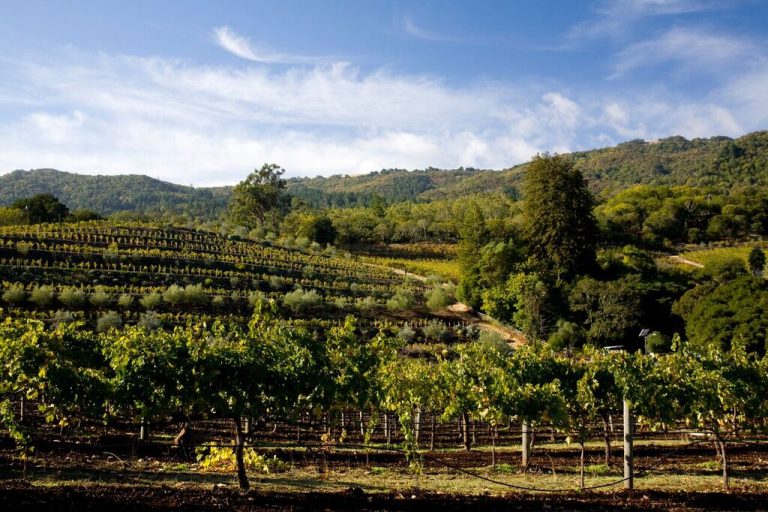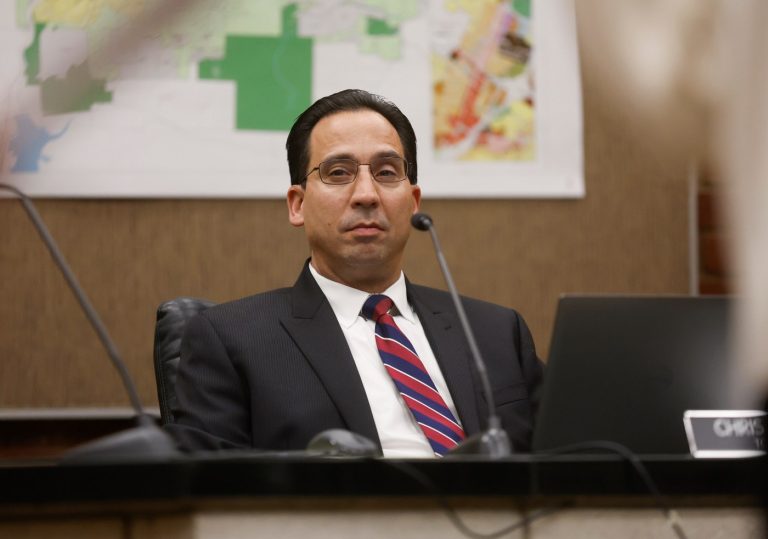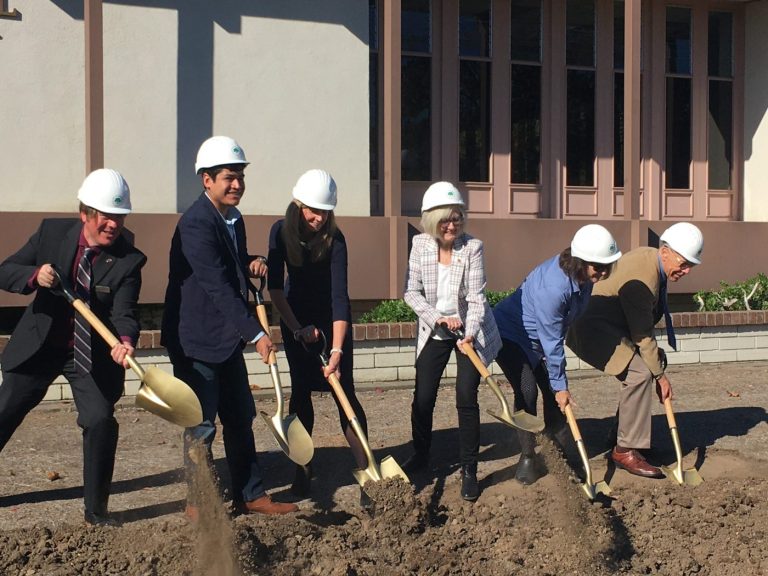OAKLAND — A pivotal spot on the Oakland City Council is up for grabs in relatively quiet fashion this April on the same special election ballot that will find the city a new mayor.
The seat could potentially swing votes by the eight-member council this summer on Oakland’s financial future, with the council likely to be split on key decisions around a structural budget deficit that has led city leaders to lay off dozens of public workers.
How cuts to public spending should be spread across the city’s various departments — including police, fire and public works — has been a key point of contention among the council members.
Oakland’s District 2 spans diverse communities that vary in affluence and ethnic makeup, from Chinatown and Jack London Square to areas east and south of Lake Merritt, such as Cleveland Heights, Lakeshore, the Peralta area and the San Antonio neighborhood.
Large pre-election spending has bolstered the political influence of public-employee labor unions in recent elections for this seat, but a relatively fresh-faced pack of six candidates in the April 15 election could shake up how the race unfolds.
The field includes Rev. Kenneth Anderson, financial planner Harold Lowe, small-business owner Kanitha Matoury, housing policy director Kara Murray-Badal, property manager Paula Thomas and policy consultant Charlene Wang.
Murray-Badal, brand-new to the city’s political sphere, is the choice candidate of powerhouse labor unions SEIU 1021 and IFPTE Local 21, as well as of Nikki Fortunato Bas, who vacated the office in January after winning election to the Alameda County Board of Supervisors.
A third-generation Oaklander, she lives with her brother in their childhood home near Crocker Highlands Elementary School, having returned to town after receiving an undergrad degree from Stanford University and master’s degrees from the Wharton School and Harvard.
The 35-year-old talks fast, especially when asked about housing policy. Her job at UC Berkeley’s Terner Labs involves developing strategies to build out urban housing at a large scale without displacing lower-income residents.
Candidates for office often shy away from criticizing police spending, but Murray-Badal said asking Oakland cops for more transparency around their time management and exploring “creative staffing solutions” are not off the table in her book.
“Crime went up during the pandemic,” she said in an interview. “That wasn’t because we lost a bazillion police officers, it’s because things got harder for people in the city.”
“The police are an essential, crucial part of the puzzle,” she added, “but we can’t allow them to say every piece of their budget is necessary when we’re making cuts.”
Murray-Badal and Charlene Wang have some things in common: They are nearly the same age, both work in policy and Wang also has a master’s from the Harvard Kennedy School, following a bachelor’s at Columbia University.
Wang, however, has centered both a campaign last year for the city council’s at-large seat and this follow-up bid for District 2 around Oakland’s crime woes. She wants the city to eventually have at least 900 sworn officers. There are currently about 683 cops on the force.
“The budget crisis is real,” Wang said in an interview. “I would argue that safety issues have helped precipitate — it’s not the only cause, but certainly a contribution — the loss of tax revenue and lowering of social services.”
Wang spent time during her childhood in Albany, graduated high school in Moraga and worked for Hillary Clinton’s 2016 campaign, President Joe Biden’s 2020 campaign and under Transportation Secretary Pete Buttigieg.
She moved to Oakland for the first time in mid-2023. While walking her dog at Lake Merritt that summer, Wang was asked by this news organization for an interview about racial dynamics around the lake, but declined to weigh in, saying, “I’ve been here for all of a month and a half.”
By the fall, though, Wang had decided to run for council. She built an impressive ground game, finishing third in the at-large race and, this time around, garnering endorsements from the building trades, firefighters’ union and Teamsters union, along with steady name recognition among community leaders.
In an interview, Wang cited a one-on-one conversation with the lieutenant who oversees the Oakland Police Department’s sex-trafficking unit to argue that a current three-strikes policy for towing solicitors’ vehicles is too lenient. Sex trafficking is a prevalent issue in areas of District 2 south of Lake Merritt.
The two candidates view each other as major threats. At a recent forum, they clashed over a question of councilmember wages, with Wang pledging a personal 20% cut and Murray-Badal countering that higher council salaries help expand the candidate field beyond wealthier residents and retirees.
Harold Lowe, who garnered only a third of the vote in a head-on race against Bas in 2022, hopes the tide has turned against labor-backed leftward thinkers in Oakland. He is closely allied with mayoral candidate Loren Taylor.
A financial planner who sits on a corporate board advising on diversity, equity and inclusion, Lowe takes a hardline view of Oakland being in rapid decline, believing he’s the only candidate who can relate to local business leaders and spark an economic revival.
The 56-year-old, second-generation Oakland Tech High grad — whose family traces back a century in town — wants hundreds more police officers to offset overtime costs. And he wants the city council to sue the state of California so Oakland can be exempted from Senate Bill 357, a law that prevents sex workers from being arrested.
Kanitha Matoury, another candidate, received under 4% of the vote in last year’s at-large race. The owner of downtown’s Howden Market, Matoury’s campaign is light on policy but fueled by frustrations over repeated break-ins at her business — a hardship that may find empathy from voters in Chinatown, where she resides.
The other two candidates, Rev. Kenneth Anderson and Paula Thomas, are not running robust campaigns and appear unlikely to receive much attention ahead of the April 15 election.
